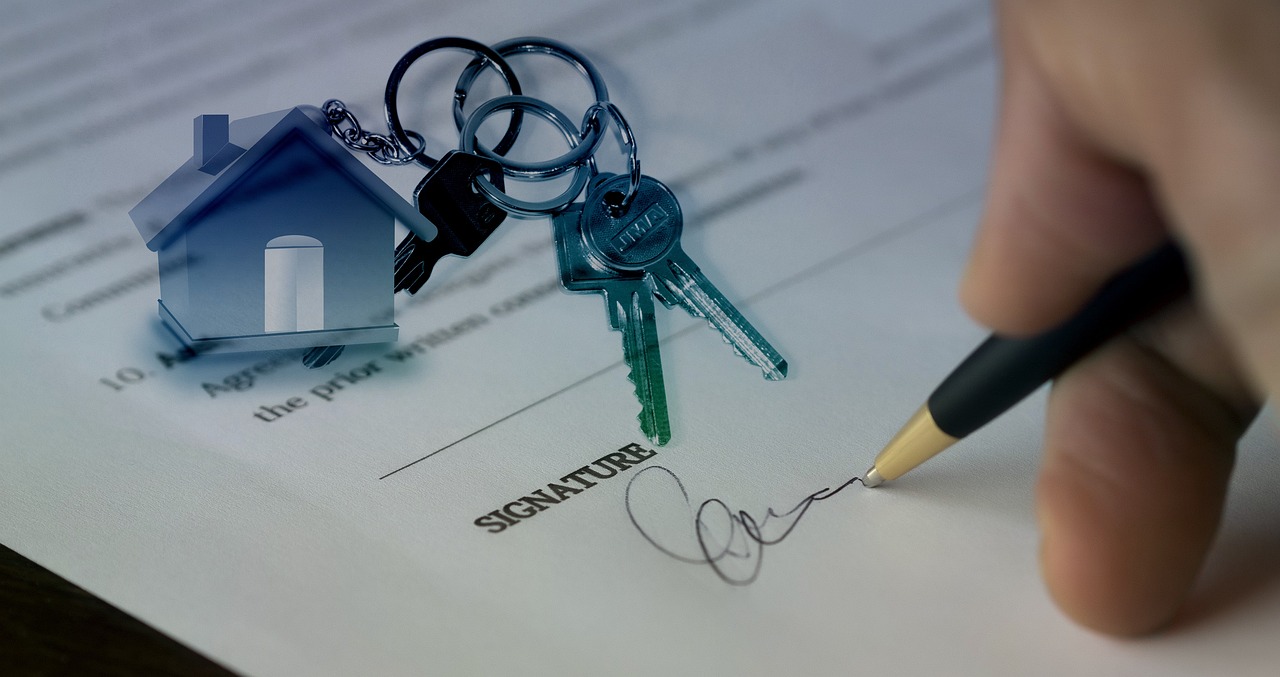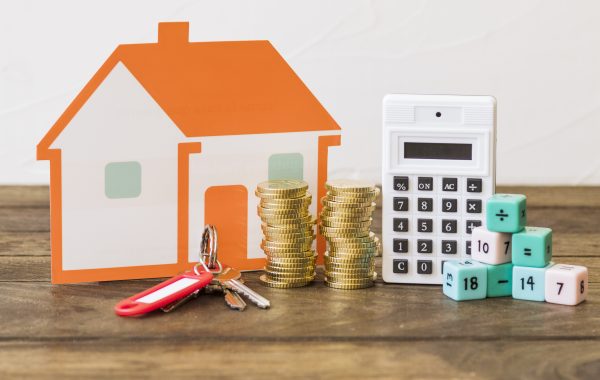
Calculating Property VAT in Ghana: A Comprehensive Guide for Property Investors
In Ghana’s evolving real estate landscape, understanding the tax implications of property transactions has never been more important. The reintroduction of Value Added Tax (VAT) on real estate in 2024 has significant implications for investors, developers, and property buyers alike. This guide breaks down everything you need to know about calculating property VAT in Ghana, with clear examples to help you navigate your next property investment with confidence.
The Current VAT Framework for Property in Ghana
The Ghana Revenue Authority (GRA) has established specific guidelines for VAT on real estate transactions under Item 18 of the First Schedule to the VAT Act (Act 870). Understanding which rate applies to your transaction is crucial for accurate budgeting and financial planning.
Two-Tier VAT System
Ghana operates a two-tier VAT system for property transactions:
- 5% VAT Rate: Applies to:
- Houses or apartments supplied directly by an estate developer
- Commercial rental properties (offices, hotels, warehouses)
- 15% VAT Rate: Applies to:
- Land sold for purposes other than agriculture or dwellings
- Civil engineering works
- Landscaping
- Professional services related to property
Additional COVID-19 Levy
In addition to VAT, a 1% COVID-19 levy is applied to the same property value, effectively making the total rates:
- 6% (5% VAT + 1% COVID-19 levy)
- 16% (15% VAT + 1% COVID-19 levy)
Practical Examples of VAT Calculations
Let’s examine how these rates translate into actual costs using practical examples:
Example 1: Purchasing a Luxury Apartment from a Developer
Imagine you’re purchasing a three-bedroom apartment at Eden Heights, a luxury residential development in Accra:
Base Price: GHS 1,500,000
VAT Rate: 5% (for estate developer sales)
VAT Amount: GHS 75,000
COVID-19 Levy: 1% = GHS 15,000
Total Tax: GHS 90,000
Final Purchase Price: GHS 1,590,000
Example 2: Renting a Commercial Office Space
If you’re renting an office in a commercial building:
Monthly Rent: GHS 15,000
VAT Rate: 5% (for commercial rental)
VAT Amount: GHS 750
COVID-19 Levy: 1% = GHS 150
Total Monthly Tax: GHS 900
Total Monthly Payment: GHS 15,900
Example 3: Purchasing Land for Commercial Development
When buying land for a purpose other than agriculture or dwelling
Land Price: GHS 500,000
VAT Rate: 15%
VAT Amount: GHS 75,000
COVID-19 Levy: 1% = GHS 5,000
Total Tax: GHS 80,000
Final Purchase Price: GHS 580,000
Example 4: Hiring Professional Services for Property Development
For architectural services, quantity surveying, or other professional services:
Service Fee: GHS 100,000
VAT Rate: 15%
VAT Amount: GHS 15,000
COVID-19 Levy: 1% = GHS 1,000
Total Tax: GHS 16,000
Total Payment: GHS 116,000
VAT Inclusion: Listed Price vs. Added at Closing
An important aspect to understand is whether the quoted price includes VAT or if it will be added separately:
VAT Added on Top
Some developers quote a base price and then add VAT and the COVID-19 levy separately. While this approach provides transparency, it means the buyer pays more at closing than the initially quoted price.
VAT Included in the Listed Price
Other developers incorporate VAT into their listed price, showing only one comprehensive figure. This can simplify the process but may cause confusion if you expect to see VAT itemised separately.
Pro Tip: Always ask the critical question – “Does this price include VAT?” – before proceeding with any property transaction.
VAT for Diaspora Buyers and Foreign Nationals
For Ghanaians living abroad or foreign nationals investing in Ghanaian real estate, the same VAT rules apply. There are no special exemptions based on residency status:
- The 5% or 15% VAT rates (plus the 1% COVID-19 levy) apply universally
- Always confirm whether the property price already includes VAT
- Factor in currency exchange considerations when budgeting for VAT payments
Who Actually Pays the VAT?
While buyers often bear the economic burden of VAT, the legal responsibility for collecting and remitting VAT to the GRA falls on the seller or developer. How this cost is structured within the transaction depends on the agreement between buyer and seller.
Strategic VAT Planning for Property Investors
For investors looking to optimise their property investments in Ghana, consider these strategic approaches to VAT:
- Timing Your Purchase: Consider the financial implications of purchasing from estate developers (5% VAT) versus other sellers
- Property Type Selection: Different property types may have different VAT implications
- Long-term vs. Short-term: Factor in VAT considerations for both acquisition and eventual disposition
- Documentation: Maintain proper records of VAT payments for tax compliance and potential deductions
Why Choose Estate Developers Like Eden Heights
Purchasing directly from established estate developers like Eden Heights offers several VAT advantages:
- Lower VAT rate (5% instead of 15%)
- Greater transparency in pricing structures
- Professional handling of tax compliance aspects
- Potential inclusion of VAT in the quoted price
- Access to luxury amenities and world-class facilities
Eden Heights offers various residential options from two-bedroom apartments to exclusive penthouses, each designed with luxury and comfort in mind. Located conveniently near West Hills Mall in Accra, residents enjoy proximity to shopping, dining, educational institutions, and healthcare facilities.
Conclusion
Understanding VAT calculations for property transactions in Ghana is essential for making informed investment decisions. The two-tier system (5% vs. 15% VAT) plus the additional 1% COVID-19 levy creates different tax scenarios depending on the type of property and transaction involved.
By carefully considering these tax implications and working with reputable developers like Eden Heights, investors can navigate Ghana’s property market more effectively, ensuring compliance while optimising their investment strategy.
Frequently Asked Questions
-
Does the VAT rate differ for luxury properties versus standard housing?
No, the VAT rate is determined by who is selling the property (estate developer vs. other) rather than the property’s classification as luxury or standard.
-
Can VAT on property purchases be claimed as an input tax credit for businesses?
Generally, VAT on commercial property can be claimed as an input tax credit if the purchase is for business purposes, but specific rules apply. Consult with a tax professional for your specific situation.
-
Are there any exemptions to property VAT for first-time homebuyers in Ghana?
Currently, there are no special VAT exemptions specifically for first-time homebuyers. The standard rates apply regardless of whether it’s your first property purchase.
-
How does property VAT in Ghana compare to other West African countries?
Ghana’s two-tier system is relatively unique in the region, with the 5% rate for estate developers being competitive compared to some neighbouring countries. However, tax systems evolve frequently across the region.
-
Is VAT applicable to property management fees at developments like Eden Heights?
Yes, property management services typically attract the standard 15% VAT rate plus the 1% COVID-19 levy. However, when these services are bundled within a comprehensive rental agreement, different rules may apply.
Ready to experience luxury living with transparent pricing at Eden Heights? Contact our sales team today to learn more about our exceptional residential offerings and to receive a clear breakdown of all costs, including VAT considerations.


